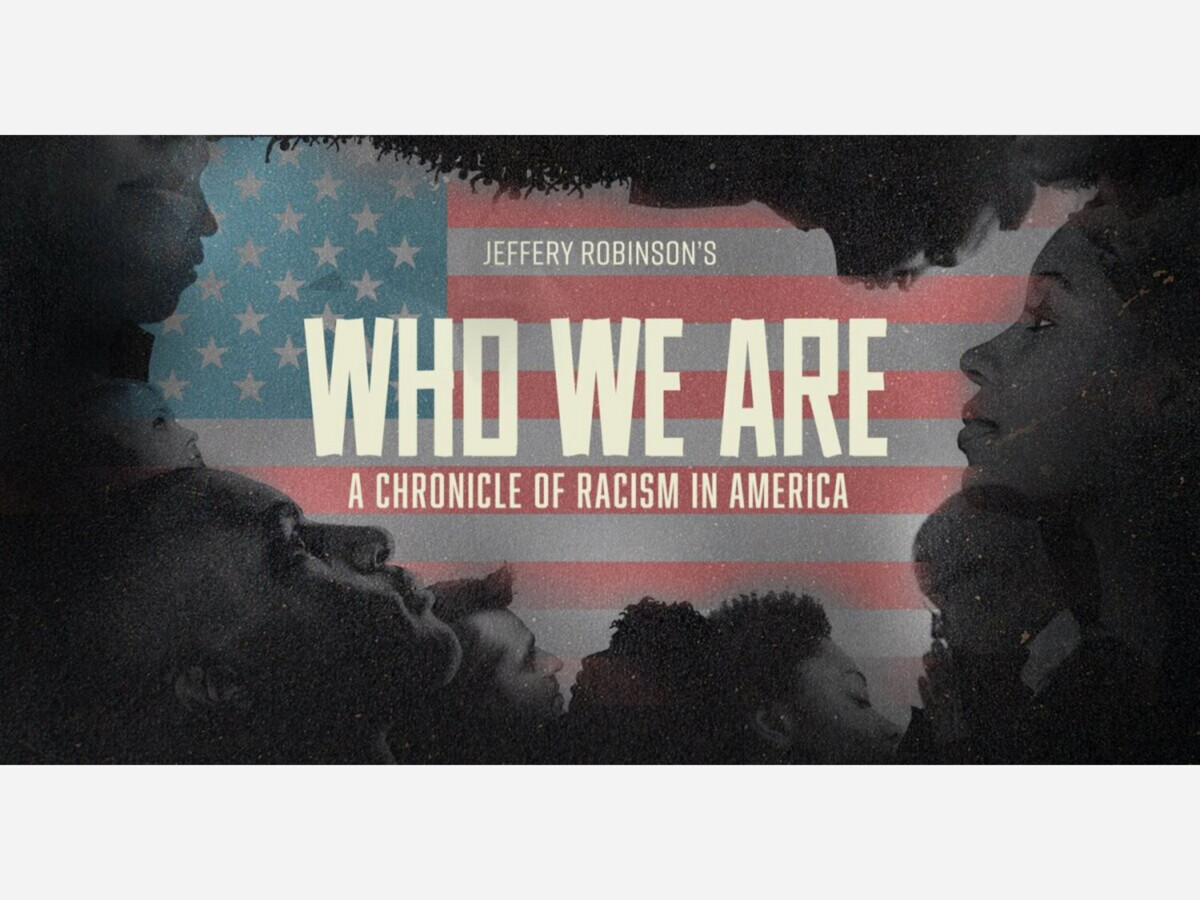Image


The ultimate role of a documentary is to teach something to the viewer that they did not know before. For a documentary like Flee, it is more based on relaying the journey of a refugee as he attempts to find safety and security in life. Who We Are: A Chronicle of Racism in America
is a dissection of centuries of history, designed to show what has happened since the nation’s founding that has contributed to the state of domestic politics today.
When a documentary like this is made, whether it is good or not should be based on how well the filmmakers and speakers can layout a thesis and backup those claims. It is the same general concept that goes into grading an essay because, short of there being a glaring factual error, it is more about creating a compelling argument for the thesis. The thesis for this movie is that racism and white supremacy are fundamentally entwined with the history and culture of the country.
The movie lays this out in an interesting way. It posits that there are multiple points over the course of American history where race relations have been at a tipping point between progress and regression. Each time this point is reached, something happens to push things backwards rather than moving forward. To this end, the movie does a great job proving this point through testimony and historical documents. It also connects these key points together eloquently and shows how one leads to the next and to the next.
There is one point that’s not connected as well as it could have been, and that’s connecting the past to the present day. That’s not to say that there is no connection between the two eras, the 1994 Crime Bill signed by Bill Clinton is addressed as well as the policies under the Nixon administration, but not enough is done to explicitly lay out how these things directly relate to today without relying on the audience to draw their own conclusion. Asking the audience to extrapolate is not a bad thing, but with a topic like this in a format designed to attempt to change minds, it is more important to lead the viewer to the conclusion that the filmmakers are navigating the film towards.
The documentary is very well made from a technical standpoint and is paced well enough that it does not feel as long as its over two-hour runtime. The only real complaint comes from the rushed ending that does not properly tie everything together. In a different time with a different topic this would be fine, but the point of a documentary like this should be to try and change minds of those who do not subscribe to the filmmaker’s beliefs, not just provide information to galvanize those who already agree. In fairness to the documentary, it does make the argument as to why that’s not the focus early on, but as a teaching instrument it is more important to try and change minds by teaching to people who may not know something over teaching to people who already agree.
Final Rating: 8/10